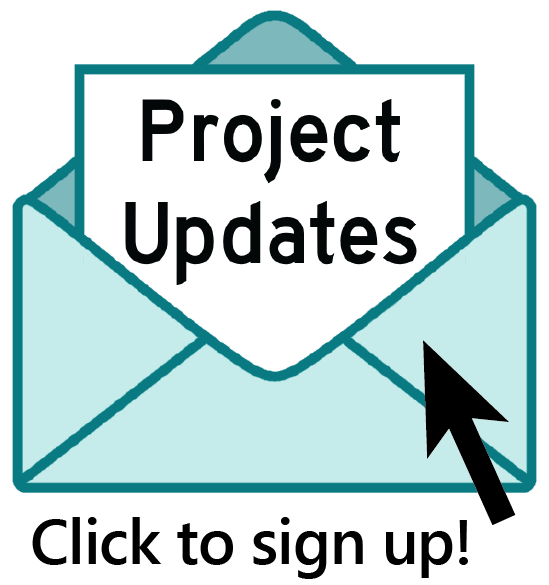About
Whether you drive, ride, walk or roll, we are committed to providing the best accessibility possible to all people using the transportation system.
One of the ways we are doing this is by rebuilding or installing about 29 existing curb ramps along OR 47 in Banks.
This might include:
- Minor work, such as fixing a ramp that is too steep or moving pedestrian push buttons at crosswalks.
- Installing crosswalk closed signs if the crossing is considered unsafe.
- Rebuilding or building a new ramp if needed.
We're adding textured plates at the curb ramps, called truncated domes. These allow pedestrians to feel, see and hear where the crossing is located and the direction they should go to safely cross the street.
Most corners in the project area only need minor work or signs but some corners will require a full rebuild or installation.
Why are ADA curb ramps important?
ADA curb ramps provide access between the sidewalk and road for people using wheelchairs, strollers, walkers, hand carts, bicycles and also for pedestrians who have trouble stepping up and down high curbs. We're adding textured plates at the curb ramps, called truncated domes. These allow pedestrians to feel, see and hear where the crossing is located and the direction they should go to safely cross the street.
ADA curb ramps benefit everyone regardless of whether they have a disability. By making curb ramps gently slope to the road, it improves accessibility and promotes safer travel between the sidewalk and road.
Why aren’t all the curb ramps in my community being fixed at the same time?
Once we review each corner, we will group and rebuild curb ramps in stages at various locations in the Willamette Valley and Northwest Coast.
Not all intersections or curb locations are the same, some are construction-ready and others may have fire hydrants, utility boxes, utility poles, additional land requirements or we need an environmental permit. These are things we consider when scheduling the curb ramp construction in each city.
The construction-ready locations are done first because they can be done immediately while those needing additional coordination or design will be part of a future stage of construction. This is why an intersection with four corners might be completed at different times.
By making these accessibility improvements, whether you drive, ride, walk or roll, we are committed to providing the best accessibility possible to all people using the transportation system.
 Sign up for email alerts to get updates on the project!
Sign up for email alerts to get updates on the project!
Schedule
Design: 2024 - 2025
Construction: 2026
Location
OR 47
|
Milepost 82.85 to 83.59
Cost and Funding
Design and construction: $1,195,000